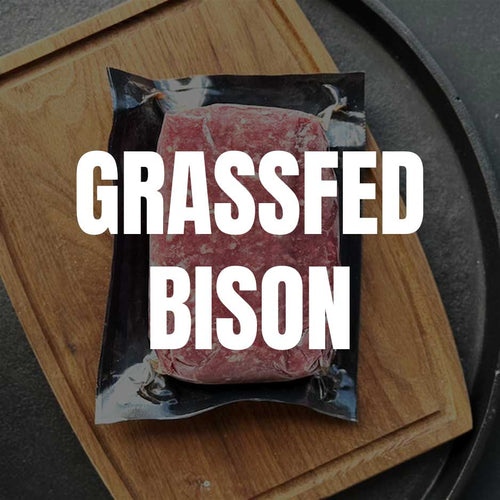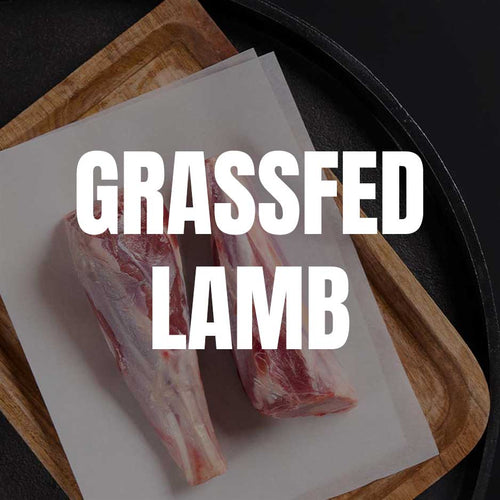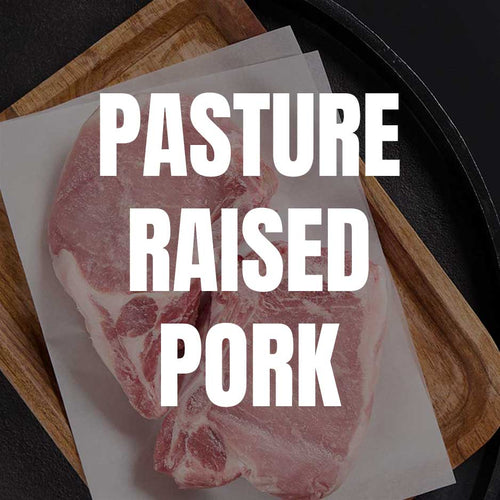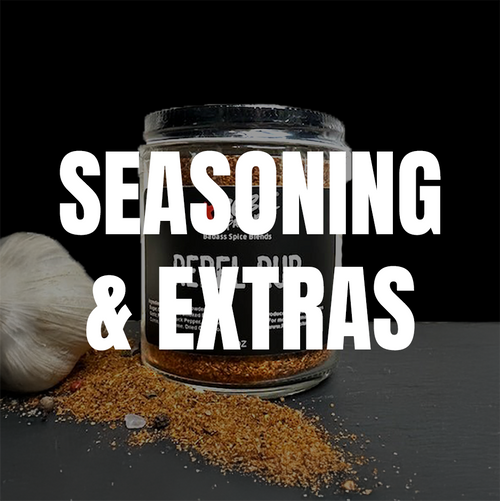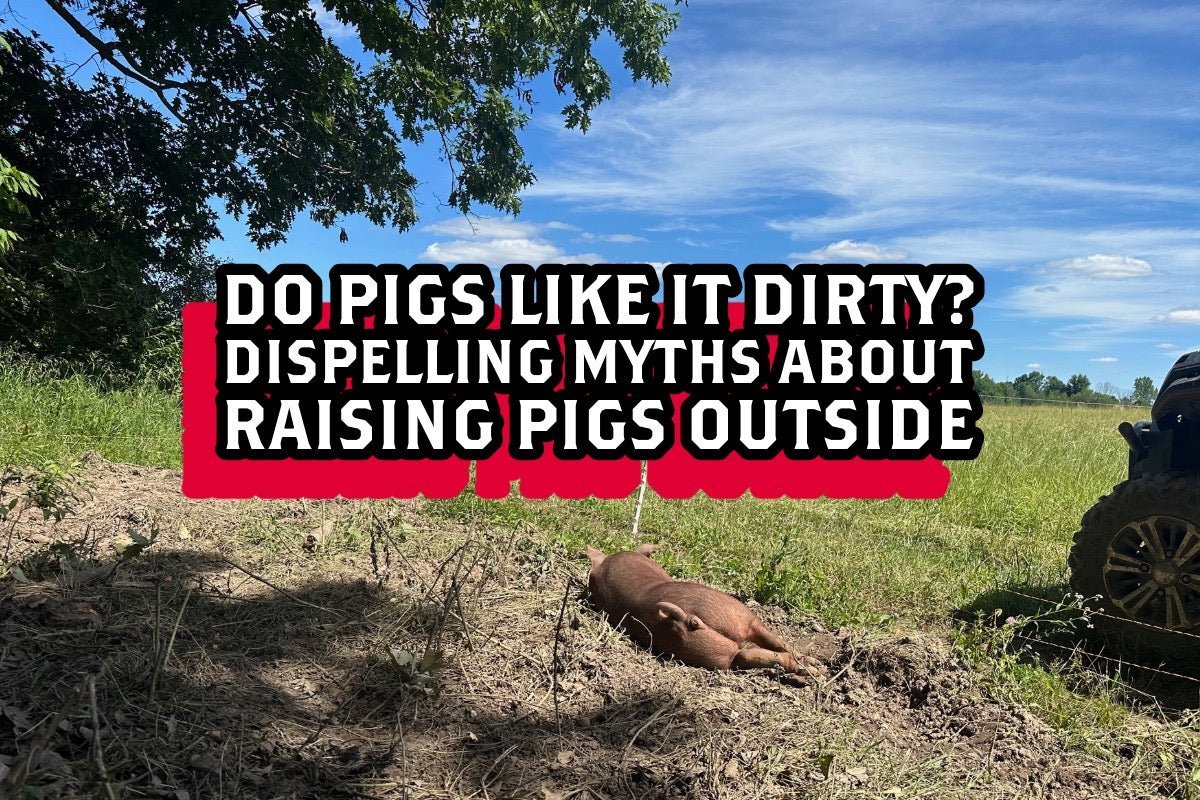
· By Jenni Bajema
Do Pigs like it Dirty? 🐖😉 Dispelling Myths about Raising Pigs Outside
When Justin and I wanted to raise hogs outside, we were told it would never work. "Pigs had to be raised in barns or they wouldn't grow."
Naturally, instead of listening to the naysayers, we sought out people that were doing it. We visited farms, watched videos, and read books. And then developed our own program...
We put our hogs to pasture, observed and adapted. And the hogs THRIVED. They were happy, didn't fight, and didn't require any routine interventions (antibiotic nor dewormers).
The effects of fresh air, sunshine, full access to soil, and natural diet were hardiness, immune strength, and a stress-free environment.
There are a lot of myths out there when it comes to raising hogs outside vs in growing barns. Let's dispel a few:
👉Big Ag views them as too fragile to survive the weather.
I was just watching a facebook video where the pig farmer (conventional) said that pigs can't be raised outside because they get sunburn and their skin is too sensitive to withstand cold temperature... maybe he should tell this to all the feral hogs running around Texas.
Rebel hogs live their entire lives outside. They use trees for shelter from the sun and make nesting areas to snuggle together when it's cold. Our partner farm raises them all winter long in Michigan. They are provided with heated water and shelters, and they thrive being outside.
The breed of hogs used in conventional farming is very different from the hardy heritage breed hogs that are bred to live on pasture. Here's a few ways they are different:
♦︎ Heritage hogs are dark in color protecting them from sun.
♦︎ They have developed natural instincts that tell them how to survive outside like sheltering during inclement weather and how to forage for food.
♦︎ Heritage breeds have higher parasite resistance due to selective breeding and less exposure to dewormers.
👉Incapable of building immunity to disease and parasites.
Parasites are a long standing fear when it comes to hogs. They can be affected by many different types of parasites, external and internal, including the dreaded Trichinella. Trichinella is a parasite that can be transferred to humans. In the 1940's it was a big problem, but once farmers and consumers learned about how to mitigate this parasite (don't feed pigs raw meat and cook pork properly), the occurance of infection has been nearly eradicated.
Parasites are always something a farmer will have to deal with. By raising our hogs on pasture, we mitigate this risk by giving them plenty of space to have a separate bathroom area, move them regularly to clean pasture, raising healthy hogs that can fight disease and parasites with their own immune systems.
In conventional barns, hogs need to be regularly dewormed. The risk of infection is so high because they live so tightly packed with so much contact with each other. They are vaccinated against respiratory diseases due to the damage done to their lungs by the insane amount of ammonia produced by the concentrated feces and urine. Antibiotics are need to deal with infection and disease control due to the unhealthiness of the hogs.
👉Pigs cause errosion with their rooting.
While this may be true for the invasive hogs living in the southern states... one of the main reasons we love raising our hogs outside are for their rooting abilities! We rotate our hogs through the land with temporary paddocks. In each paddock, they clear up the brush in the forest, help us to control invasive species, and uncover buried seeds.
While doing this work, they fertilize💩 the ground and allow native plants to flourish. Because we rotate them often, we can control the amount of impact on the soil. It's one of the most beautiful aspects of the relationship of hogs with the earth.
👉Living outside is too "dirty" for a hog.
This comment came from social media video where an actual farmer was talking about why hogs need to be raised inside....👇
Have you ever been in a growing barn? You'd remember-the smell will never leave your nose.😷 The effects from the concentrated feces and urine is so overwhelming strong that hogs develop respiratory diseases and need to be treated with antibiotics and given preventative vaccines.
Most people know that hogs love dirt and mud. But there is WAY more to it:
🐷 The microbiome of dirt is integral to a microbiome health of a pig. It affects their digestion, immune system and growth.
🐷 Hogs use dirt to protect themselves from the sun and bugs. They make dry burrows for warmth and cool dirt pits when it's hot.
🐷 Pigs keep a clean house- they have separate areas for sleeping, eating, and 💩ing. In conventional barns, this is impossible due to lack of space and natural environment.
When we move them into a new paddock, they quickly get to work establishing their living area. They use the trees as scratching posts, sniff around for hickory nuts and discover the best roots to dig. When it's hot, they find shade and dig deeper and cool themselves in the earth. When it's cold, they do the same and create dry nests to snuggle together in. And covering themselves in mud and dirt protects from flies and sun.
Conventional Farming Creates Sick Pigs
Hogs living in conventional growing barns barely have room to turn around, let alone create separate spaces. Instead, they spend their days overstimulated, stressed, and hurting their lungs breathing in ammonia. It requires many interventions in the form of antibiotics, antiparasitics, and vaccinations to keep the pigs alive in the cramped space.
If you spend just 2 minutes in a conventional growing barn, the smell will stick with you forever. There isn't any amount of ventilation that can make the smell go away from thousands of hogs being raised in a confined space. Healthy pigs = healthy meat = healthy people.




